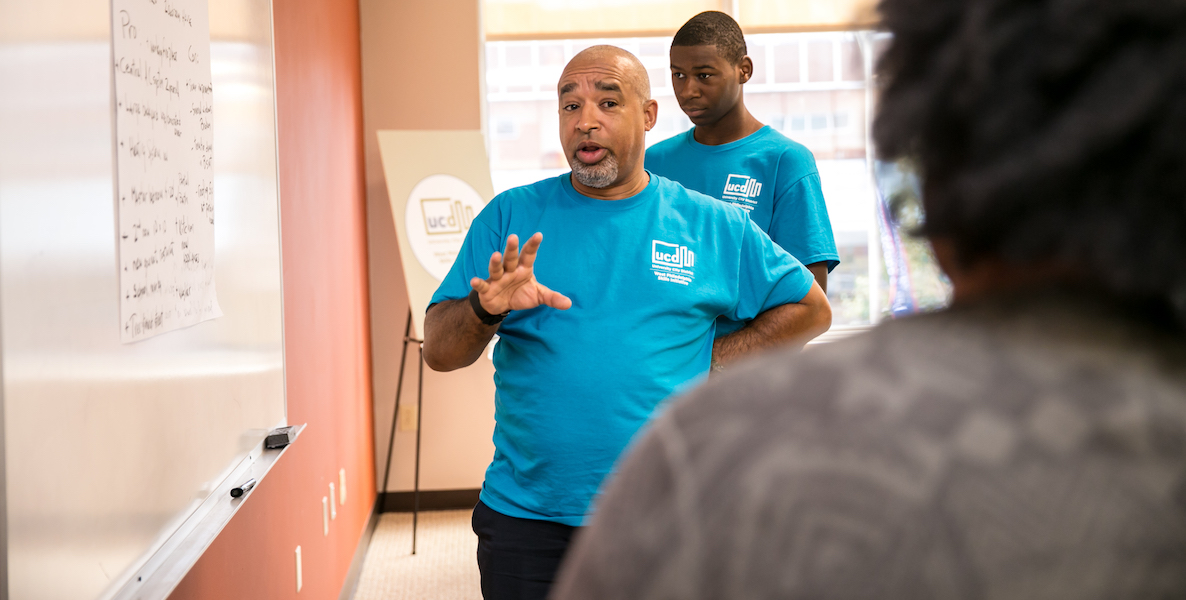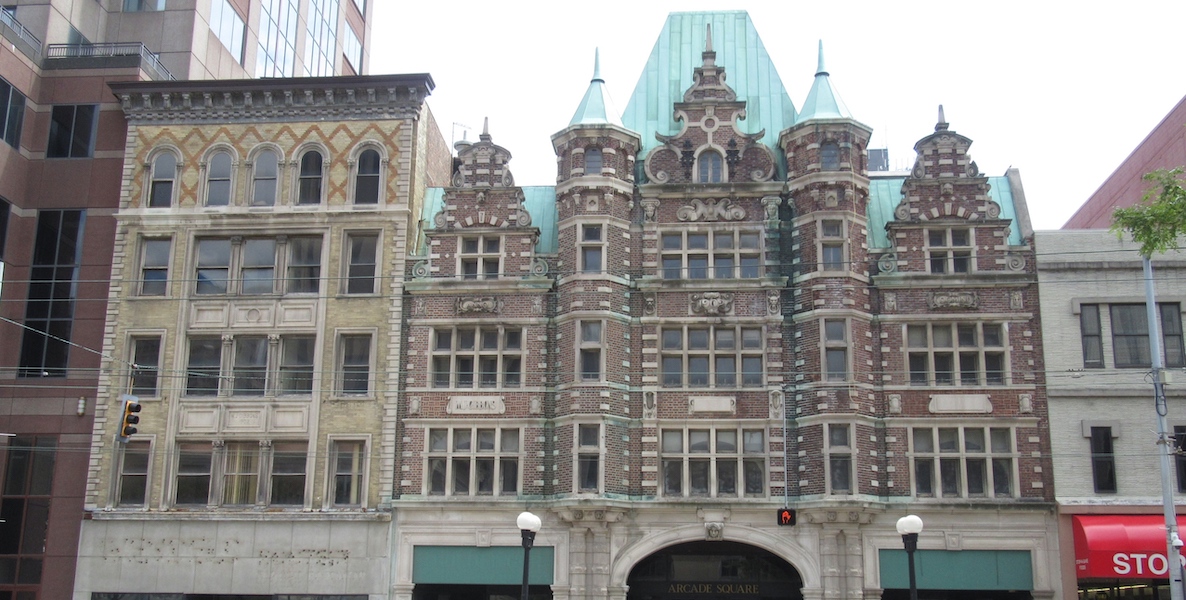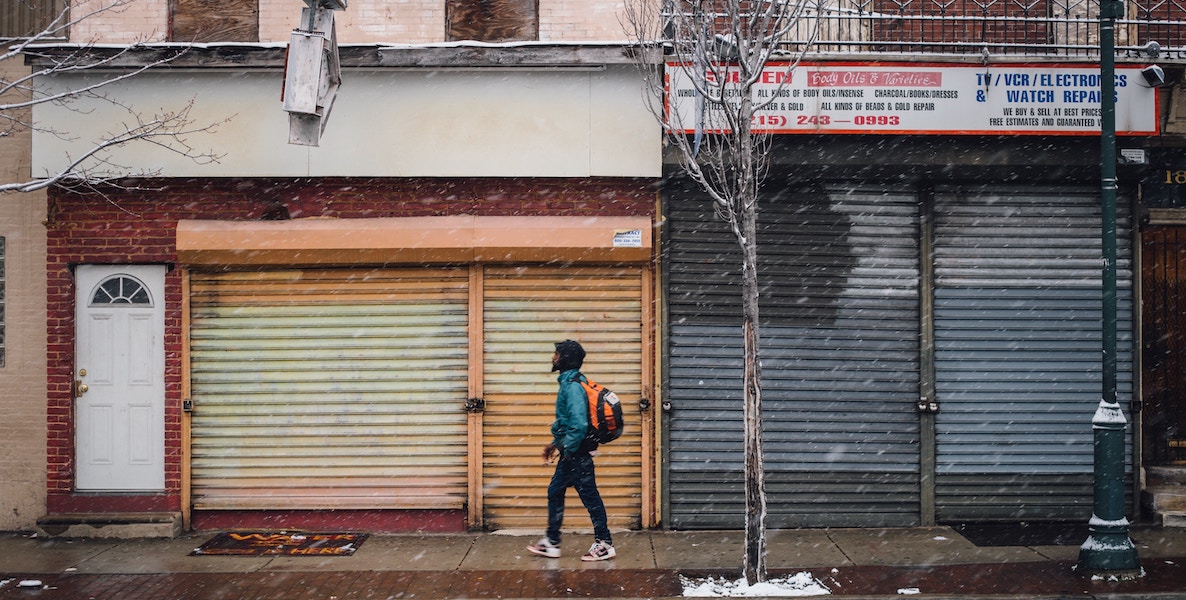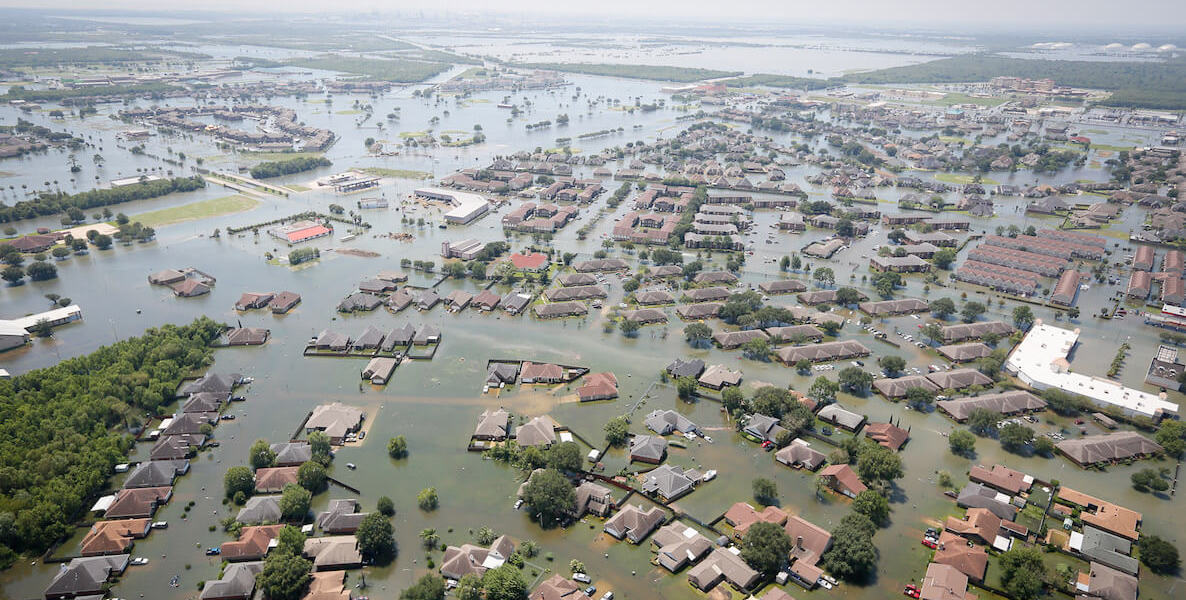In the early days of this year, we’ve been heartened by the changing behavior of institutional investors toward climate: divesting from the bad and investing in the good.
Earlier this month, for example, New York City Mayor Bill DeBlasio and London Mayor Sadiq Kahn launched the latest version of their Divest/Invest campaign to persuade cities to move pension fund investments out of fossil fuel industries.
A growing number of cities around the world—New York City, London, Auckland, Berlin, Copenhagen, Melbourne, Oslo and Stockholm—have signed on and C40 Cities, the international group now led by Los Angeles Mayor Eric Garcetti, has released a high quality toolkit to guide city actions.
Barely a week later, BlackRock CEO Larry Fink announced in letters to clients and CEOs that sustainability will be their new standard for investing the $6.95 trillion in assets they manage.
BlackRock is taking some key steps to actualize this goal, including using environmental, social and governance (ESG)-optimized index exposures in place of traditional market cap-weighted indexes; creating sustainable versions of their iShares index funds (the traditional version of which has $23 billion in assets); and crucially removing both debt and equity investments in companies that generate 25 percent or more from thermal coal (and scrutinize businesses that are heavily reliant on this coal as an input) from their discretionary portfolios by mid 2020.
At the very least, this amounts to them selling $500 million in coal investments.
Taking significant action on climate change is no longer just a moral imperative. Increasingly, it is a financial one as well.
Discussions like these that are focused on the climate crisis are happening very publicly at Davos at the moment. And for good reason. Taking significant action on climate change is no longer just a moral imperative. Increasingly, it is a financial one as well.
In his letter Fink writes that “The investment risks presented by climate change are set to accelerate a significant reallocation of capital, which will in turn have a profound impact on the pricing of risk and assets around the world.”
Fink raises some of these impacts, writing:
Will cities, for example, be able to afford their infrastructure needs as climate risk reshapes the market for municipal bonds? What will happen to the 30-year mortgage—a key building block of finance—if lenders can’t estimate the impact of climate risk over such a long timeline, and if there is no viable market for flood or fire insurance in impacted areas?
In other words, as finance increasingly recognizes and divests from environmentally unsustainable products and practices—out of anticipation or necessity—there will be dramatic implications for what capital goes into (and crucially what it does not go into).
![]() Responding to this change in financial markets will take creativity. It will require, for example, new institutions and processes for funding local infrastructure and new ways of building middle-class wealth (since selling a house in a floodplain will no longer be a viable source of building home equity).
Responding to this change in financial markets will take creativity. It will require, for example, new institutions and processes for funding local infrastructure and new ways of building middle-class wealth (since selling a house in a floodplain will no longer be a viable source of building home equity).
This is a crucial point—and one familiar to readers of this column and the work of partners like Accelerator for America. The changing nature of how capital moves will require new models of local governance and new norms to guide local solutions.
More immediately, though, it follows that an emerging divestment from dirty and polluting assets will lead to increasing investment in new models of the economy: cleaner and more long-term, sustainable assets.
The changing nature of how capital moves will require new models of local governance and new norms to guide local solutions.
For us, this raises questions about how far this logic extends.
Some asset classes that involve transitioning to cleaner energy sources for power generation, energy efficient building and low-carbon transportation (including electric vehicles) fit neatly into the narrative of “dirty to clean.”
The same goes for efforts to address the global challenge of mismanaged waste and the conversion of discarded plastic into sustainable uses.
But the logic of moving to a low-carbon/no-carbon economy implicates much more and raises a series of questions we’ve been thinking about lately:
- Will mixed-use communities that are walkable, densely populated and connected via transit be a new investable focus, not just in (predominantly coastal) alpha cities but also in second- and third-tier markets?
- Will innovation districts around advanced research institutions and major health care institutions—like the Cortex Innovation Community in St. Louis or the Illinois Medical District in Chicago—present another target?
- What about the adaptive reuse, or greening, of large-scale civic infrastructure, like the Dayton Arcade which we wrote about recently?
- In short, will the new financial norms triggered by the climate crisis compel institutional investors—such as pension funds, university endowments, philanthropic endowments and high net worth individuals—to pressure their asset managers to invest not only in clean assets but in local assets that would advance community wealth for disadvantaged populations?
As we’ve written before, there are a few key steps that local leaders can take, individually and collectively, in order to make the most of this trend and be at the forefront of ensuring that stopping investments over here will enable investments over there that meet community goals.
These include:
- Laying out a common language of investable projects that is understood by investors, local leaders, and community members. The investment prospectus is a useful tool for this that has broad applications.
- Focusing on developing process, policy and product innovations is a proactive way to address climate and community wealth-building aims.
- Developing a series of norms, routines, and models across public and private sectors can allow for the quick scaling of ideas that work. As mayors Kahn and DeBlasio lay out, for city leadership this means approaching public pension fund trustees with a series of practical investment policies, targets, and standards for divestment and re-investment (which they elaborate upon in their toolkit).
- Along with changing pension investments, another one of these replicable models outlined by the C40 is allocating money within the city budget to support the creation of funds that will support clean—and community supporting—projects. They cite the city of Paris’s Green Fund and London’s Energy Efficiency Fundas models; in the US, Washington DC’s Green Bank can also serve as one such model.
- Making real on these possibilities, will ultimately require new local institutions to systematically adapt to this sea-change in private finance. Cities will need governance models and processes to channel capital to the right kind of projects that benefit not just high-level climate goals but also support the development of local businesses owned by people of color and more inclusive ownership of assets.
Time and effort will tell if this “significant reallocation of capital” (to use Fink’s phrase) is beneficial to the people and places most chronically excluded from the current allocation.
However, to us it’s promising that not yet a full month into 2020 financial transformation is afoot.
Bruce Katz is the director of the new Nowak Metro Finance Lab at Drexel University, created to help cities design new institutions and mechanisms that harness public, private and civic capital for transformative investment. Colin Higgins is a Program Director at The Governance Project.
By SC National Guard / Wikimedia Commons








